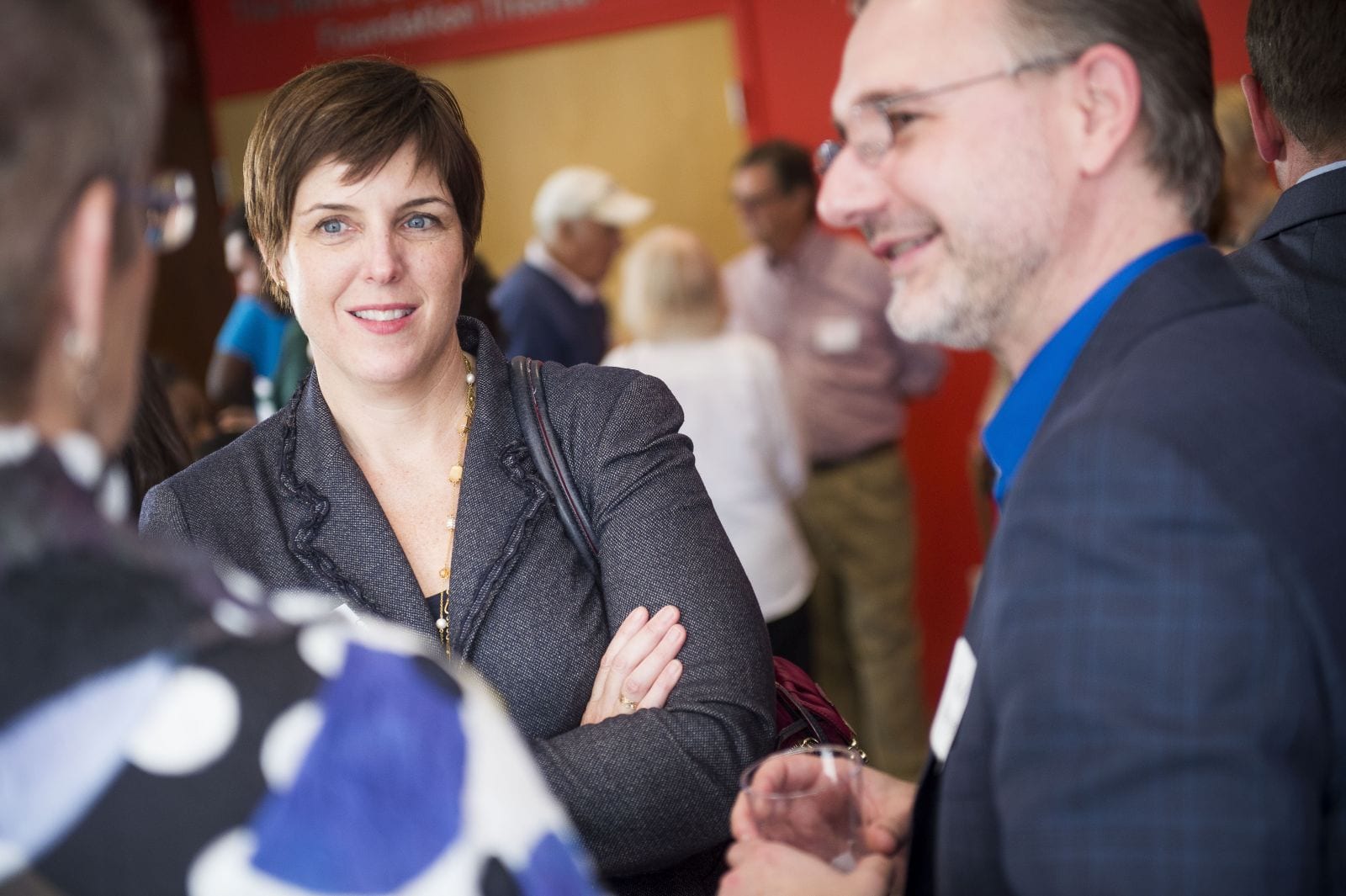JUMP TO:
In 2015, Can We Move from Incremental Progress to Real Change?
January 28, 2015
BY: NICKY GOREN
It’s hard for me to fathom that six months have already passed since I joined the Meyer Foundation. During that time, I’ve been committed to listening and learning as much as I could—about Meyer and the team here, about all of you and your work, about the issues and challenges facing low-income people in our region, and about the opportunities to work collectively to have an even greater positive impact on their lives and well-being.
As we begin a new year, I want to share some of the feedback I received over the past six months. I also want to give you a sense of the Foundation’s priorities for the year ahead, which include a planning process to refresh our current strategic framework.
Since July, I’ve had the privilege of meeting with and hearing from so many of you. All told I was able to connect with the leaders of more than 150 grantees and nonprofits, in addition to business, philanthropic and other community leaders. Thank you for taking the time to meet with me and for so candidly sharing your perspectives, insights, and thoughts. Your passion and dedication for this community are truly inspiring. Several key themes emerged across virtually every conversation.
When asked about the most pressing issues facing low-income people in our region, almost everyone mentioned the growing disparity between rich and poor and the need for affordable housing. Workforce readiness and development, adult literacy, and education—particularly early care and education—were also frequently cited as barriers to economic opportunity. The suburbanization of poverty—as a consequence of widening income disparities, gentrification of the District, and changing immigration patterns—also came up frequently.
Many of you discussed a lack of regional strategies and coordination, duplication of efforts and lack of coordination among nonprofits, and the loss of major local funders as challenges for the region. Nonprofit leaders mentioned chronic undercapitalization of nonprofits—including a scarcity of funds for technology and professional development, a lack of multi-year general operating support, and a need for greater access to national funders—as challenges for the region’s nonprofit sector.
Finally, many of you shared ideas for how Meyer might better use its voice and influence to amplify and support your work in the community.
Thank you all for sharing so much with me. Your thoughts and insights have provided important context as we begin the process of refreshing our strategic plan and establishing the Foundation’s priorities for the next three to five years.
In December, our board and staff began working with Root Cause, a Boston-based consulting firm with extensive experience working with foundations and other nonprofits on organizational strategy and impact. We plan to complete our planning process by late spring and quickly move into implementation, with a rollout in September. While it’s possible that we may shift some of our priorities and strategies, please be assured that we remain committed to improving the lives of our region’s most vulnerable residents and supporting the outstanding nonprofits that serve them. We are also committed to transparency and to sharing our direction and thinking as they evolve, and we will be looking for a variety of ways to include your input in this process.
In 2015, as we complete our strategic planning process, grantmaking under our current strategic framework will continue, as will our Management Assistance Program. We will also be completing the Children and Family Capacity-Building Initiative for eligible Freddie Mac Foundation grantees. By the end of 2015, we will launch the Julie L. Rogers Sabbatical Program, which was announced at Julie’s farewell event, with the first sabbatical grants to be awarded in 2016.
While the Foundation and the region had much to celebrate in 2014, the events of the past year across the country, and recent data around poverty and the economic recovery, have highlighted the profound disparities and injustices that undergird so many of our region’s most persistent challenges. I hope that our conversations in the year ahead will lead us to a stronger resolve to move from incremental progress to real change for

